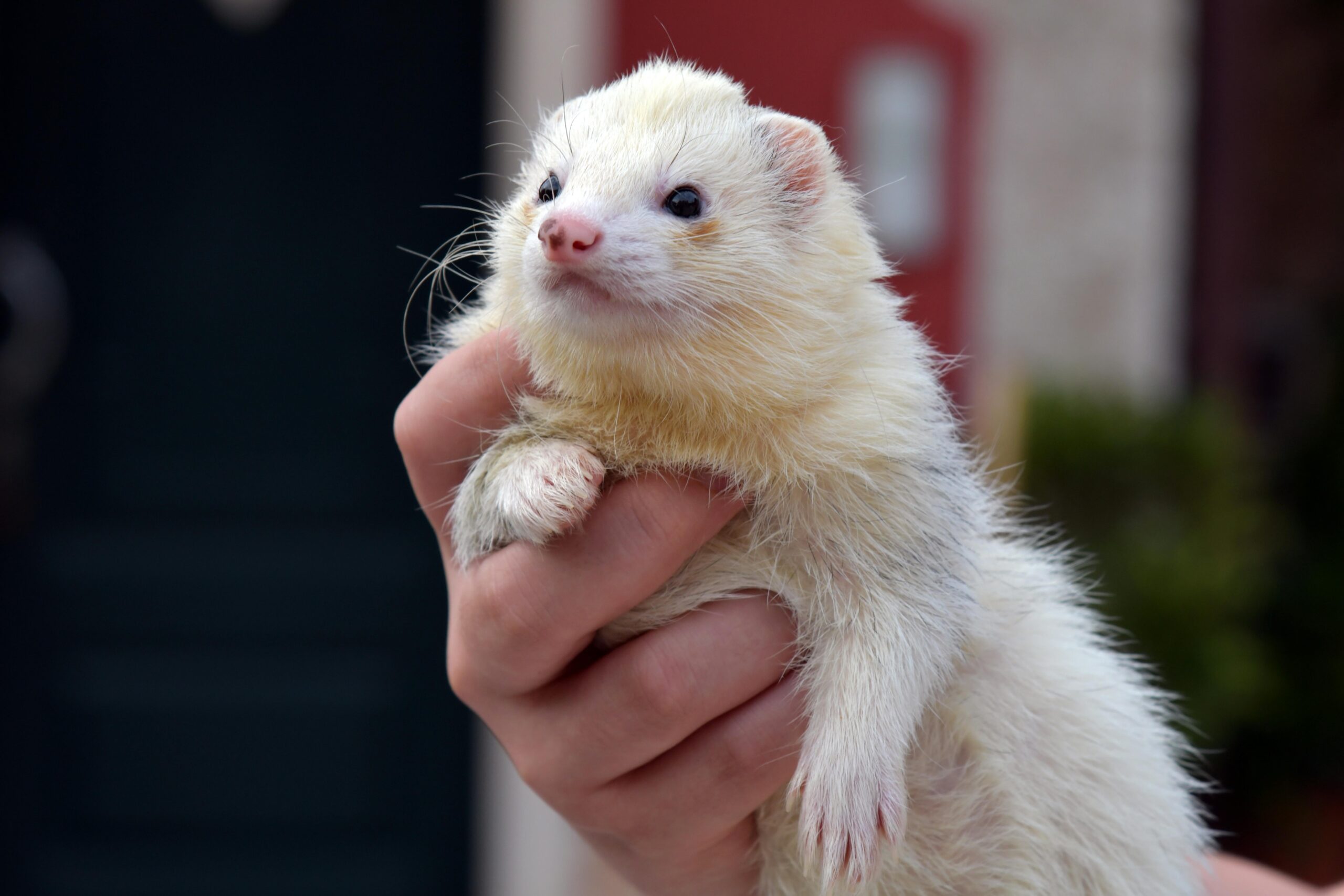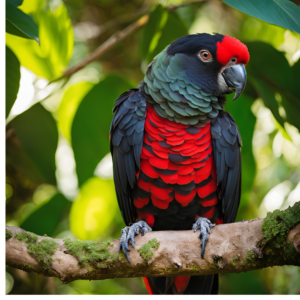Factors to Consider Before Adopting an Exotic Animal for Your Home
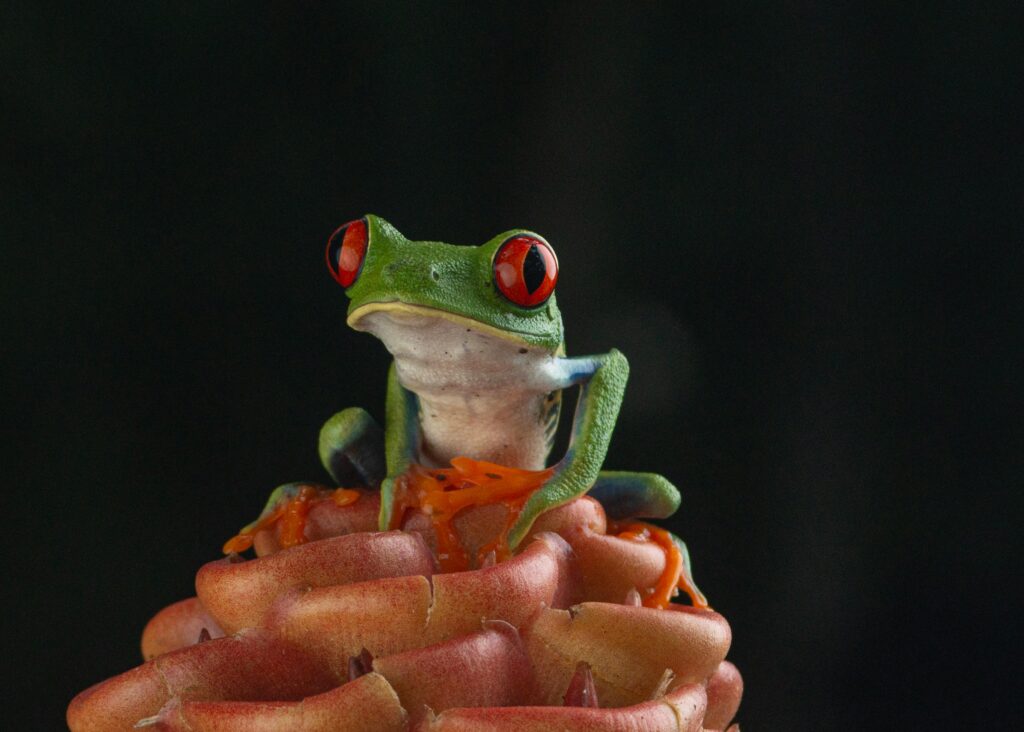
Embracing the idea of adopting an exotic pet can be thrilling, yet it demands serious consideration. Unlike typical pets such as dogs or cats, exotic animals stand apart with distinctive requirements for their diet, habitat, and overall care. Prior to welcoming an exotic pet into your life, it’s crucial to engage in extensive research and preparation to pave the way for a harmonious living arrangement.
Opting for an exotic pet entails a deep dive into aspects such as the animal’s inherent environment, its social interaction, and physical necessities, as well as how these factors align with your daily routine. This guide aims to highlight essential considerations before you commit to adopting an exotic creature, ensuring a decision that is well-informed and advantageous for both you and your prospective companion.
Understanding the Commitment of Owning an Exotic Pet
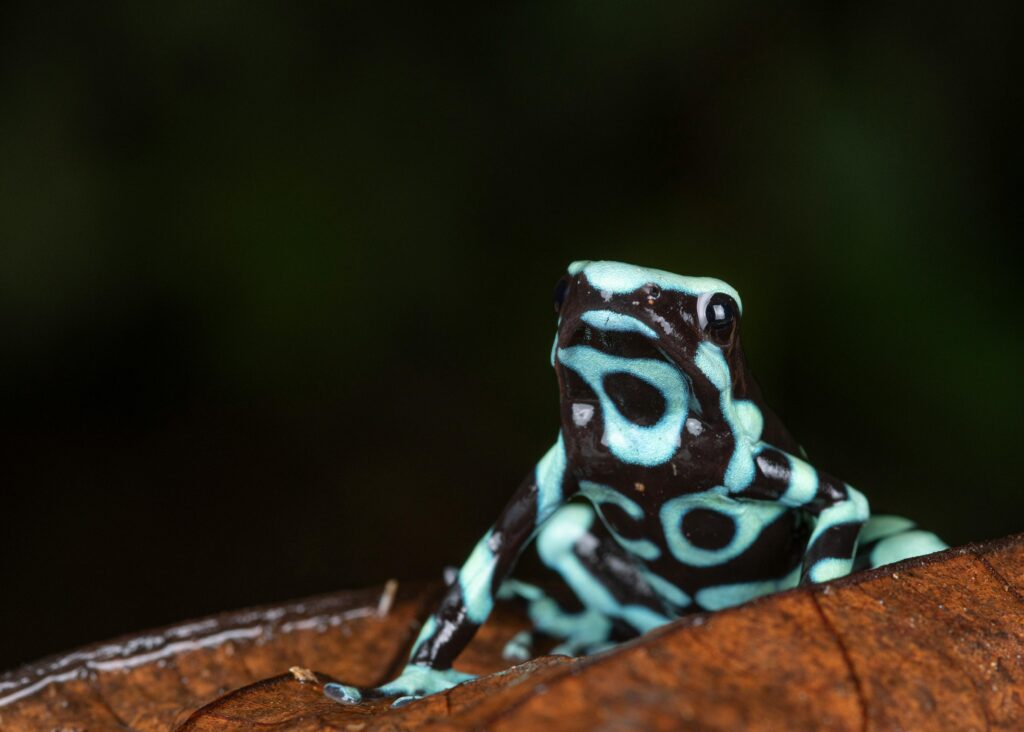
When venturing into the world of exotic pets, it’s crucial to consider the dedication they demand. These unique creatures often surpass the usual pet lifespan and necessitate a particular brand of care that must be delivered unwaveringly. Reflect on your availability, means, and expertise to ensure you’re equipped to fulfill these needs. It’s a commitment that extends beyond the novelty, requiring a deep understanding and readiness to embark on this rewarding journey with your new companion.
Lifespan and Time Commitment
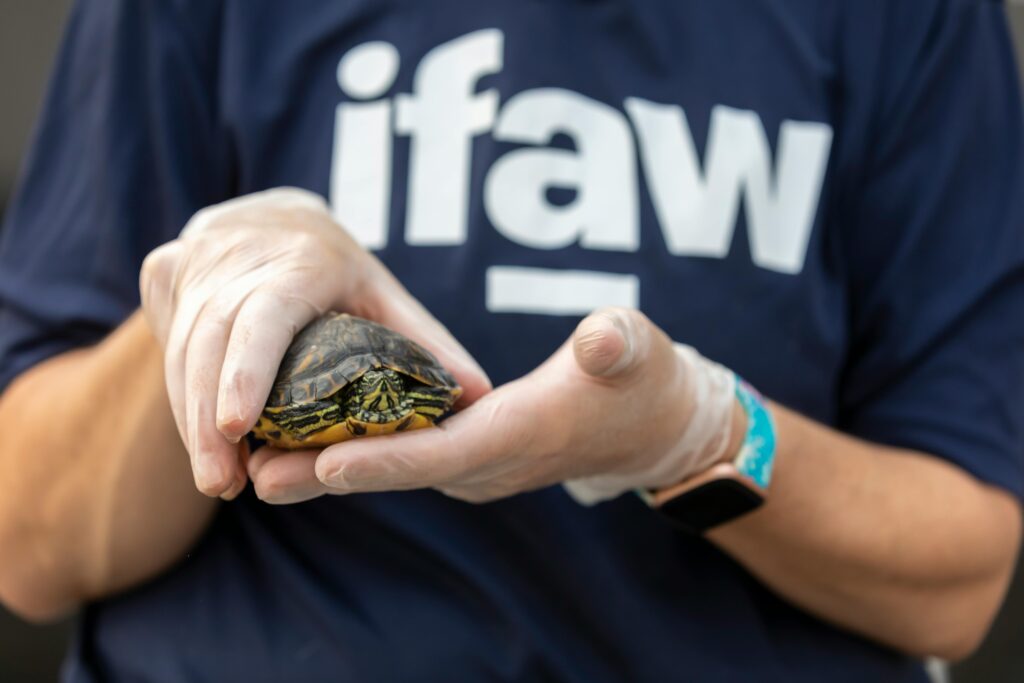
When considering the addition of an exotic pet to your family, it’s crucial to recognize the longevity of these unique animals. Parrots, turtles, and various reptiles are not just temporary companions; they are potential lifelong family members, with some living several decades. Embracing an exotic pet means embracing a commitment that could span 20, 30, or even 50 years.
The care for exotic pets extends beyond their impressive lifespans. These creatures often demand a considerable amount of daily care and attention. Social species, such as birds and primates, thrive on interaction and companionship, while others, like certain reptiles, have precise environmental needs that must be met consistently. Reflect on your lifestyle and consider whether you can dedicate the necessary time and effort to meet these needs over the long term. It’s a decision that shouldn’t be taken lightly, as it involves a dedication to the well-being of a living being who will depend on you for decades to come.
Assessing Your Living Space and Environment

The place you call home significantly influences the kind of exotic pet you can keep. It’s not just about preference; it’s about practicality and the pet’s well-being. For instance, if your abode is an apartment, a shared space, or simply compact, not every exotic creature is going to be a good fit. It’s essential to consider the environment you can provide for these unique animals to ensure they live a happy and healthy life.
Space and Habitat Needs
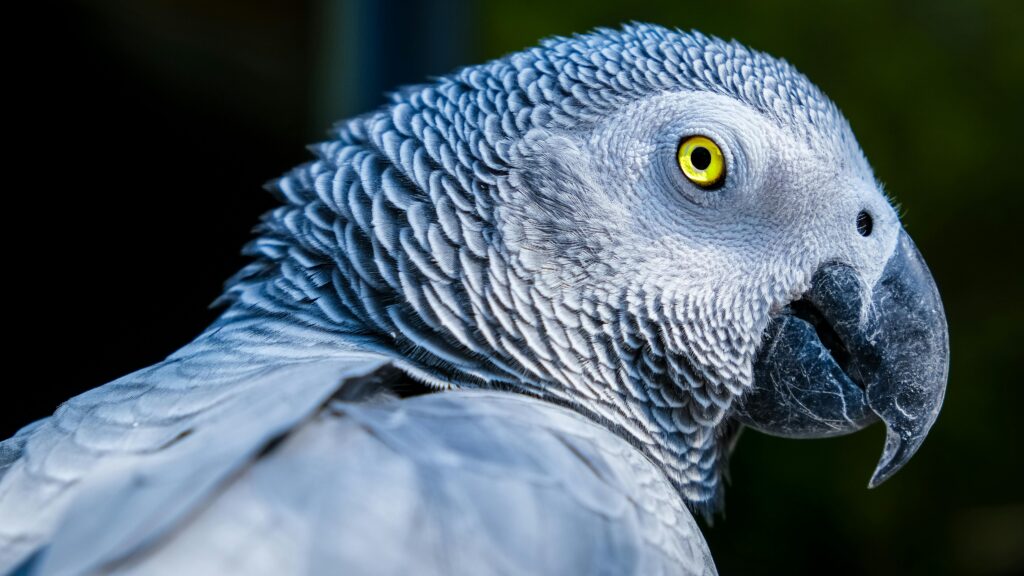
Certain exotic pets, like large reptiles or birds, need a lot of space to thrive. A cramped environment can negatively impact the animal’s health and well-being. For instance, large lizards like iguanas may require custom enclosures with heat lamps, while birds need space to fly and stretch their wings. Fish, amphibians, and invertebrates may also require specific tank sizes, filtration systems, or humidity control.
Before adopting an exotic pet, make sure your home can accommodate the required habitat. It’s also important to consider factors like noise level some pets, like parrots, can be very loud or the potential for damage to your home.
Legal Considerations and Ethical Responsibility
Owning an exotic pet is not a universal privilege and legality varies across regions, with specific permits or licenses often necessary. Moreover, the ethical implications of adopting such pets are paramount. It’s essential to consider the well-being of the animal, ensuring that its needs can be met and that its ownership does not contribute to ecological harm or the endangerment of species. Responsible ownership means recognizing that exotic pets are not mere commodities, but living beings that require commitment, understanding, and respect.
Understanding Local Laws and Regulations

When considering the addition of an exotic animal to your family, it’s essential to first delve into the legalities and guidelines that govern your locality. The spectrum of animals that fall under the ‘exotic’ category is vast, encompassing various species of reptiles, birds, and even primates. However, it’s not uncommon for certain regions to have strict prohibitions against owning these types of pets.
Moreover, the journey to exotic pet ownership often involves navigating through a series of bureaucratic steps, including obtaining necessary permits, undergoing health inspections, and adhering to quarantine protocols. These measures are in place to ensure the well-being of both the animal and the community at large.
The repercussions of harboring an illegal pet or failing to meet the care standards set by authorities can be severe. Legal issues may arise, potentially leading to the seizure of the animal. To prevent such distressing outcomes, it’s imperative to be thoroughly acquainted with and obedient to the local regulations surrounding exotic pet ownership. Compliance is key to a harmonious relationship with your unique companion and the law.
Veterinary Care and Costs
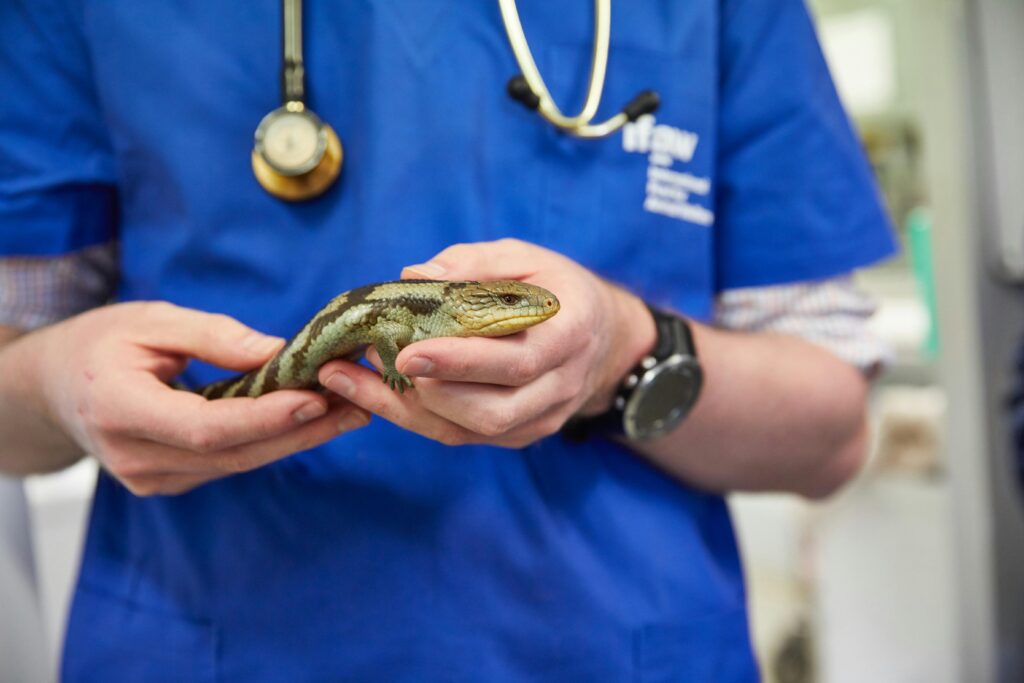
Exotic pets, with their unique charm and rarity, bring a world of wonder into our homes. However, their distinct nature often necessitates specialized veterinary attention. This specialized care not only tends to be costlier but also more challenging to locate compared to standard pet care services. The rarity of these animals means that not all veterinarians are equipped with the knowledge or resources to provide the best care, leading to a search for the right expert. It’s a journey that underscores the commitment of exotic pet owners to ensure the health and happiness of their beloved companions.
Finding an Experienced Exotic Animal Vet
When it comes to the well-being of exotic pets, not every veterinarian is equipped with the necessary experience. It’s essential to seek out a vet who possesses the expertise to care for the unique needs of your particular animal companion. Such specialists can be rare and might command higher fees, reflecting the specialized care they provide. Anticipate both routine and unexpected veterinary expenses, and understand that a significant financial investment is part of the responsibility of caring for an exotic pet. Ensuring you have the right vet on your team is key to your pet’s health and happiness.
Understanding the Specific Diet of Your Exotic Pet
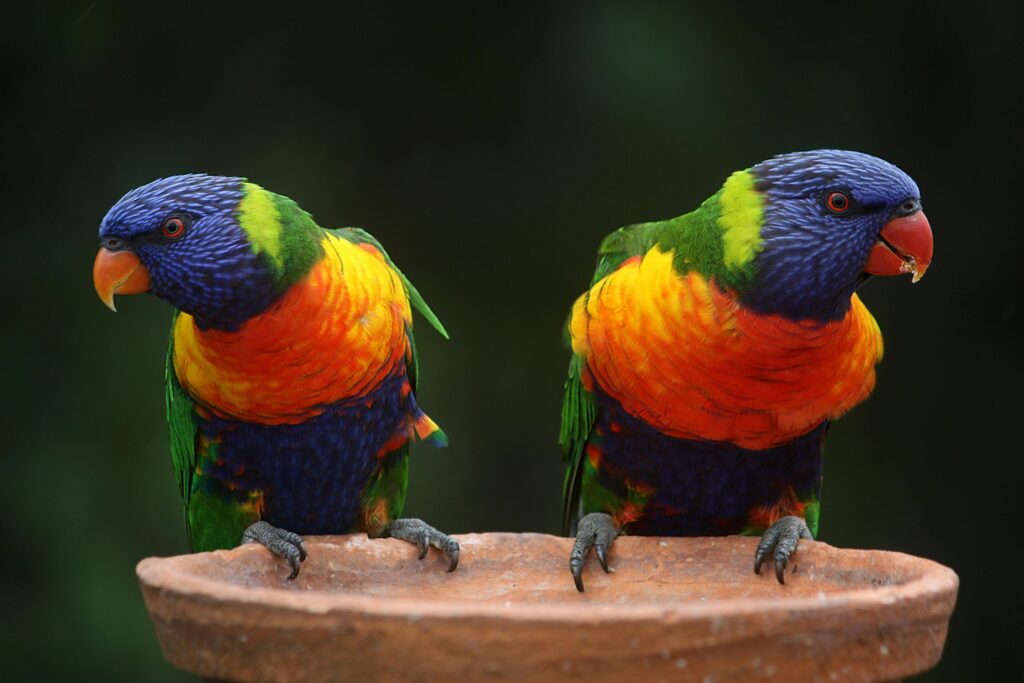
Understanding the Dietary Demands of Diverse Pets
Just as humans have varied dietary requirements, so do different animal species. Take herbivorous reptiles such as tortoises; they thrive on a diet composed exclusively of plants. On the other hand, carnivorous creatures like snakes have a diet that consists of whole prey. Birds present a more varied palette, often requiring a balanced mix of seeds, fruits, and vegetables to stay healthy.
It’s crucial to recognize that a diet lacking in balance can precipitate significant health issues for pets. This underscores the importance of thorough research to comprehend the specific nutritional needs of your chosen companion.
Securing the appropriate food is equally important, whether it’s sourced from a local pet store or an online supplier. Additionally, staying informed about any necessary dietary supplements can play a pivotal role in maintaining the well-being of your pet.
Conclusion
Selecting an appropriate exotic pet is a decision that should not be taken lightly. It involves a deep dive into various aspects, such as their habitat requirements, nutritional habits, and the dedication of time and resources they will command. Engaging in extensive research and making the necessary preparations for the unique necessities of your chosen animal is crucial. This approach guarantees a rewarding journey for both you and your companion. It’s essential to opt for a pet that complements your way of life and to be mindful of the enduring commitments associated with the stewardship of an exotic creature.

